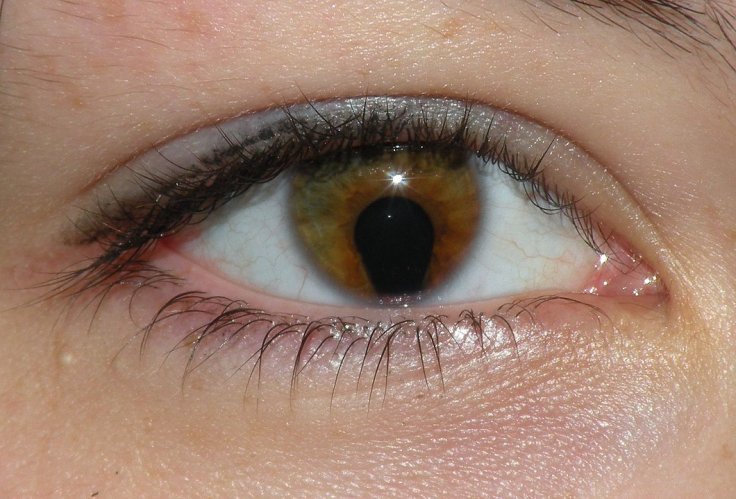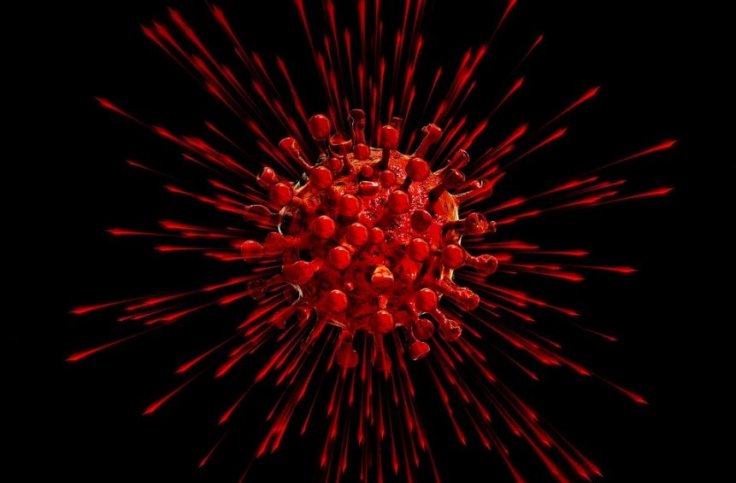Brazilian researchers have found that SARS-CoV-2 viral particles may reach the various layers of the human retina and also could be associated with this infection's ocular clinical manifestations.
In the study, published in the JAMA Network, they presented the case of three patients -- 2 men and a woman -- who died of Covid-19. All patients were in the intensive care unit, received mechanical ventilation, and had severe pulmonary involvement by Covid-19. The age at death ranged from 69 to 78 years.
Real-time Reverse Polymerase Chain Reaction
To detect the presence of the SARS-CoV-2 virus in the retina, the team conducted real-time reverse polymerase chain reaction and immunological methods.

In the three individuals, S and N Covid-19 proteins were seen by immunofluorescence microscopy within endothelial cells close to the capillary flame and cells of the inner and the outer nuclear layers.
At the perinuclear region of these cells, it was possible to observe by transmission electron microscopy double-membrane vacuoles that were consistent with the virus, presumably containing Covid-19 viral particles.
Abnormalities Associated with Covid-19 Infection
"The eye has shown abnormalities associated with Covid-19 infection, and retinal changes were presumed to be associated with secondary microvascular and immunological changes," said Carlla A. Araujo-Silva, from INBEB in Rio de Janeiro.
"It is now clear that after the initial infection in the respiratory system, the virus can spread throughout the whole body, reaching different tissues and organs. The study shows that the eye may be involved in Covid-19 infection, and many retinal changes have been reported," Araujo-Silva added.

However, it is unknown if these changes could be secondary to the virus' presence in the retina or microvascular and immunological secondary changes or coincident to an infection that has affected hundreds of millions of people worldwide, the researchers said.









